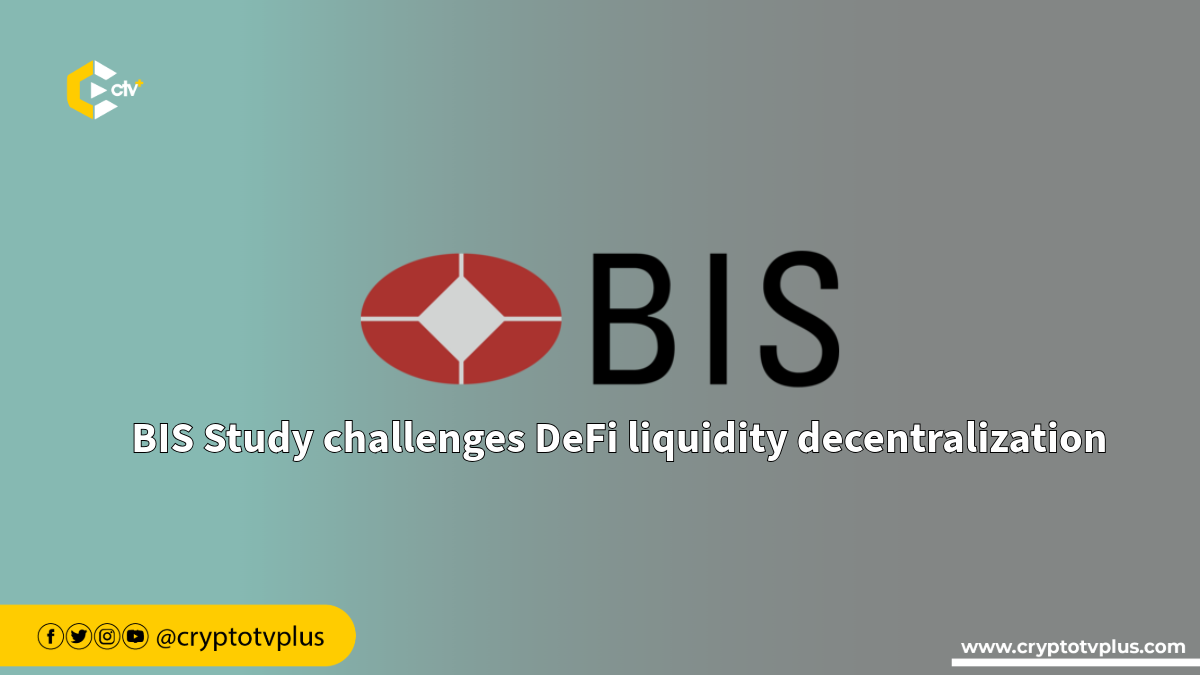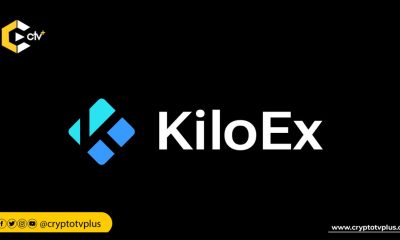News
DeFi liquidity provision not decentralized, per new BIS study

The provision of liquidity in DeFi is not decentralized, despite its technical implementation, as researchers at the Bank for International Settlements (BIS) concluded.
Although decentralized finance (DeFi) holds the potential to democratize financial markets, the BIS claims that liquidity providers (LPs) on decentralized exchanges (DEXs) are less decentralized than they appear.
A working paper from the BIS, published on Nov. 19, explored Uniswap v3, one of the most significant decentralized exchanges in DeFi.
In its research, the BIS aimed to evaluate whether DEX liquidity provision genuinely brings about market democratization or whether it reflects traditional financial markets, where a few major players dominate.
By analyzing the Ethereum blockchain, the BIS aimed to explore whether retail LPs can genuinely compete with institutional liquidity providers in the top 250 Uniswap liquidity pools.
The BIS discovered that, other than its technical implementation, liquidity provision does not exhibit decentralization.
The results imply that a few dominant and sophisticated players outpace retail LPs in the liquidity market.
“These players hold about 80% of total value locked and focus their attention on liquidity pools that have the most trading volume and are less volatile,” the report stated.
The study concluded that retail LPs earn lower trading fees and face reduced investment returns. The BIS further noted that retail providers “lose money on a risk-adjusted basis.”
The researchers emphasized that, while the paper centered on Uniswap, they considered Uniswap v3 to be “not special” and believed the study’s findings could also apply to other decentralized exchanges.
The researchers advised that future research should look into how retail and institutional participants operate within diverse DeFi applications, including lending and borrowing.
In its conclusion, the BIS stated that institutional LPs dominate the space, which goes against the core mission of DEXs to democratize the financial system.
The paper stated that the ability to provide liquidity is concentrated, which results in retail investors facing a disadvantage.
Read also: Are banks at risk with Permissionless Blockchains, as BIS warned?
The researchers observed that the study’s results show that many of the economic forces causing centralization in traditional finance “likely stem from inherent characteristics of the financial system,” and this includes DeFi.
According to the paper, enabling everyone to participate does not produce a genuinely “disintermediated” market.
While critical of DeFi, the BIS admitted that it faces fewer regulatory, operational, and technological hurdles than traditional finance.
Economist Gordon Liao disagreed with the paper, stating that he would “almost draw the opposite conclusion from the data.”
As the former head of research at Uniswap, Liao stated that the “sophisticated traders” earning 80% of the fees see a fee earnings increase of under 15%.
“That’s hardly a feat over less-sophisticated passive users,” Liao argued.
According to Liao, who referenced a study in the Journal of Financial Economics, liquidity providers in traditional finance face “much worse” circumstances.

























Pingback: Impact on Bitcoin Price from Microsoft's BTC Buy Vote